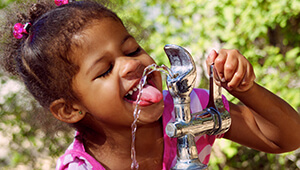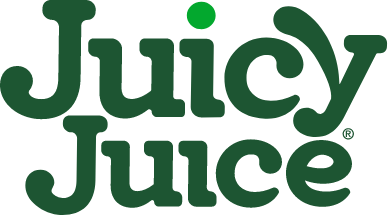Summer Nutrition


drink it up! ages 2 to 5
Q. I worry that my daughter, Aimee, age 3, doesn’t drink enough during the hot summer months. How can I make sure she doesn’t become dehydrated? - Amanda, Ottawa, IL
A. Hot weather increases a child’s need for fluids. As the body activates its cooling system, water is lost to perspiration. Dehydration among young children can turn serious, so it’s important to be aware of the early signs of fluid loss: fewer wet diapers or infrequent urination; dark, concentrated urine; and a tongue that appears “coated” rather than wet. Don’t wait for your daughter to tell you she needs a drink. Instead, offer her fluids every few minutes when she is playing outside. Fun, colorful bottles or silly straws may entice her to drink more.
appetite advice ages 6 to 8
Q. My son Zach doesn’t have much of an appetite when the weather turns warm. Constantly reminding him to eat simply doesn’t work. How can I get him to eat more? - Rhonda, Albany, NY
A. While all children have variations in their growth and appetites, the hot summer sun can disrupt an already finicky eater even more. Allow your son plenty of time to “cool down” before eating. Thirty minutes prior to meals, encourage him to read a book or play quietly indoors where it is cool. Also, make sure you have plenty of enticing “cool” foods on hand such as fresh fruit, vegetable sticks with ranch dip, sandwiches, yogurt, smoothies, and frozen juice pops.
summer vitamins ages 9 to 12
Q. All three of my kids-ages 9, 11, and 12-are involved in sports leagues. Are there any important vitamins and minerals that kids need more of in the hot summer months? - Maria, Santa Clara, CA
A. The most important nutrient for kids involved in sports is water. Make sure your children are drinking plenty of fluids before, during, and after practices and games. Nutrients lost in sweat include sodium, potassium, and small amounts of magnesium. Eating regular meals and snacks is the key to replacing these nutrients. Fruits and vegetables are rich sources of potassium, while whole grains, nuts, beans, and green vegetables provide magnesium.


